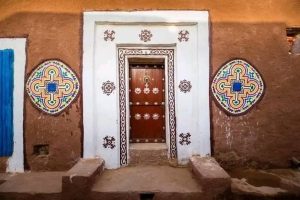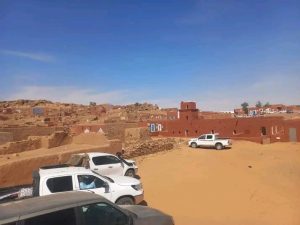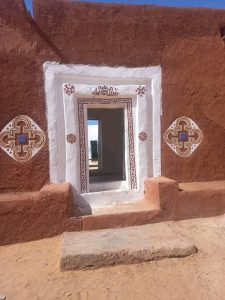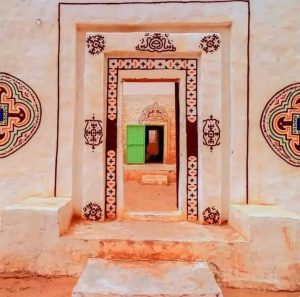Its governors are a city of architecture, righteous people, and manuscripts. The history of the city dates back to the first century AD, when it was known as Al-Biru and was described during the era of the masked men as Iwalatan or Iwalatan. Walata experienced great prosperity with the advent of Islam, as it was a stop for merchants and caravans coming from South Africa and heading towards the north. They visited the Muslim traveler Ibn Battuta and spoke of extreme prosperity. The city became famous due to its strategic location as a connecting point between the African regions in the south and ISIS in the north. Walata is characterized by the activity of libraries supported by the Mauritanian Institute for Scientific Research and UNESCO, which has allowed some of its libraries, which contain thousands of manuscripts, to be classified.




